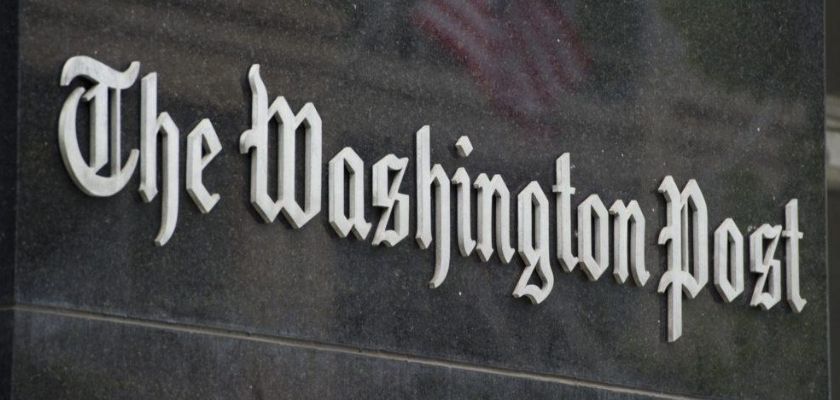Leading up to the 30th anniversary of the Tiananmen Square massacre last week, many leading English language media outlets were paying a great deal of attention to the event.
And it now turns out that the Chinese authorities, too, may have been paying extra close attention to them.
The Tiananmen anniversary has come and gone – amid what appears to have amounted to a full-blown, government-mandated digital blackout. But what’s gone and may not be coming back any time soon to China’s internet are the websites of the Washington Post and the Guardian.
The Washington Post writes that the two websites “appear to be blocked
The US publishing giant cites Greatfire.org to say that previously, visitors could reach the websites from mainland China without using VPNs.
Although the apparent blocking happened this weekend – after the Tiananmen anniversary – the Washington Post frames the move in the context of Beijing’s actions surrounding this “politically sensitive period” and its long-standing policy of imposing tight control and policing of the internet within its borders, by means of “the Great Firewall.”
The article recalls that the list of western digital media outlets blocked in China includes Bloomberg, the New York Times, and Reuters, among others, but also tech and social media giants such as Facebook, Twitter, and Google.
And what is “internet sovereignty” to Beijing is simply censorship to the Washington Post, which also accuses the Chinese authorities of using physical intimidation as one of the ways to suppress the use of VPNs.
All told, some 10,000 domains are now inaccessible in the mainland, the report said, with VPNs used as a workaround to avoid the restrictions.
Internet censorship is extensive and hard work and those who reach for it tend to look for ways to automate it. China is no different, as the country is said to be using artificial intelligence to achieve its goals.
ZeroHedge also writes about the banning of the websites and the recent online crackdown in China, and cites US Secretary of State Mike Pompeo’s reaction to the events.
Pompeo accused China of human rights abuses “whenever it serves its interests” and recalled that 30 years ago, the country’s leadership “sent tanks into Tiananmen Square to violently repress demonstrations calling for democracy, human rights and an end to rampant corruption.”
If you're tired of censorship and dystopian threats against civil liberties, subscribe to Reclaim The Net.









